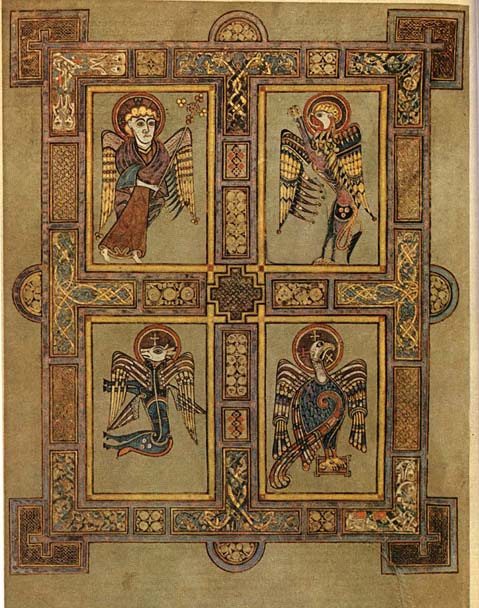At noon (5AM Texas time), the Press Office of the Holy See announced the release of the second Apostolic Exhortation of Pope Benedict XVI, Verbum Domini. This exhortation, according to the Vatican Information Service, is "the the fruit of the Twelfth Ordinary General Assembly of the Synod of Bishops, which was held in Rome from 5 to 26 October 2008". The document bears the date September 30, 2010, the Memorial of St. Jerome, who translated the Bible into Latin.
Verbum Domini has three parts. The second part, specifically chapter two, deals with the Word of God in the Liturgy. According to VIS:
"The Liturgy, Privileged Setting for the Word of God" is the title of chapter two, in which the focus turns to "the vital link between Sacred Scripture and the Sacraments, especially the Eucharist". The importance of the Lectionary is mentioned, as is that of the proclamation of the Word and the ministry of reader, with particular emphasis being laid on the preparation of the homily, a theme of great importance in this Post-Synodal Apostolic ExhortationIn his observations on the homily, the Holy Father is quite clear. He writes that:
59. Each member of the People of God “ has different duties and responsibilities with respect to the word of God. Accordingly, the faithful listen to God’s word and meditate on it, but those who have the offi ce of teaching by virtue of sacred ordination or have been entrusted with exercising that ministry ”, namely, bishops, priests and deacons, “ expound the word of God ”.208 Hence we can understand the attention paid to the homilythroughout the Synod. In the Apostolic Exhortation Sacramentum Caritatis, I pointed out that “ given the importance of the word of God, the quality of homilies needs to be improved. The homily ‘is part of the liturgical action’ and is meant to foster a deeper understanding of the word of God, so that it can bear fruit in the lives of the faithful ”.209 The homily is a means of bringing the scriptural message to life in a way that helps the faithful to realize that God’s word is present and at work in their everyday lives. It should lead to an understanding of the mystery being celebrated, serve as a summons to mission, and prepare the assembly for the profession of faith, the universal prayer and the Eucharistic liturgy.
Consequently, those who have been charged with preaching by virtue of a specific ministry ought to take this task to heart. Generic and abstract homilies which obscure the directness of God’s word should be avoided, as well as useless digressions which risk drawing greater attention to the preacher than to the heart of the Gospel message. The faithful should be able to perceive clearly that the preacher has a compelling desire to present Christ, who must stand at the centre of every homily. For this reason preachers need to be in close and constant contact with the sacred text;210 they should prepare for the homily by meditation and prayer, so as to preach with conviction and passion.
211 The preacher “ should be the first to hear the word of God which he proclaims ”,212 since, as Saint Augustine says: “ He is undoubtedly barren who preaches outwardly the word of God without hearing it inwardly ”.213 The homily for Sundays and solemnities should be prepared carefully, without neglecting, whenever possible, to offer at weekday Masses cum populo brief and timely refl ections which can help the faithful to welcome the word which was proclaimed and to let it bear fruit in their lives.
Pope Benedict XVI also touched on something very important: weekday Mass. I go to daily Mass. Nine out of 10 times, I will get to hear a homily. When a homily is not preached at my parish, it is sometimes because of scheduling constraints. However, when I have gone to other parishes, the homily is absent. Instead, the celebrant will conclude the proclamation of the Gospel and then move hastily on to the General Intercessions. When this happens, we are not given the chance to ponder the Word of God just proclaimed. There are many times during daily Mass when particular readings should be explained. Rather than glossing over them, the celebrant could use this time as a teaching moment. While it may not seem that way, I do believe that the faithful, deep down inside, are hungry for spiritual nourishment, not only from the Eucharist, but, from the Word, as well.
The synodal assembly asked that the following questions be kept in mind: “ What are the Scriptures being proclaimed saying? What do they say to me personally? What should I say to the community in the light of its concrete situation?
The Holy Father certainly leads by example. Inasmuch as his homilies serve as teaching moments for the faithful, they should serve as models to bishops and priests on how to preach.

Thank you for posting this! I would have never known about this update otherwise.
ReplyDelete